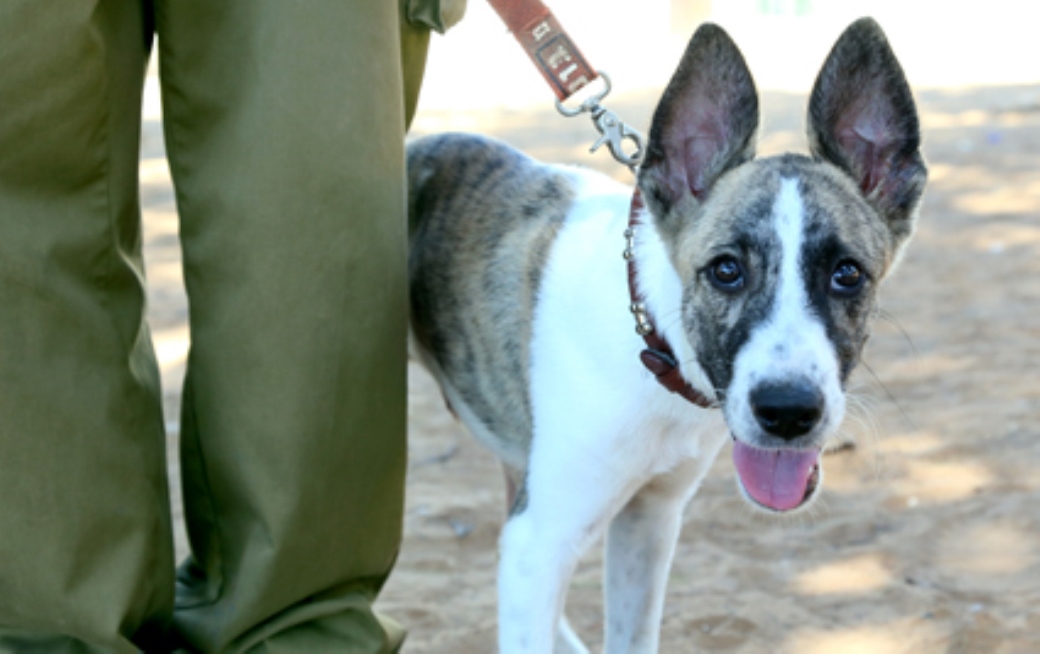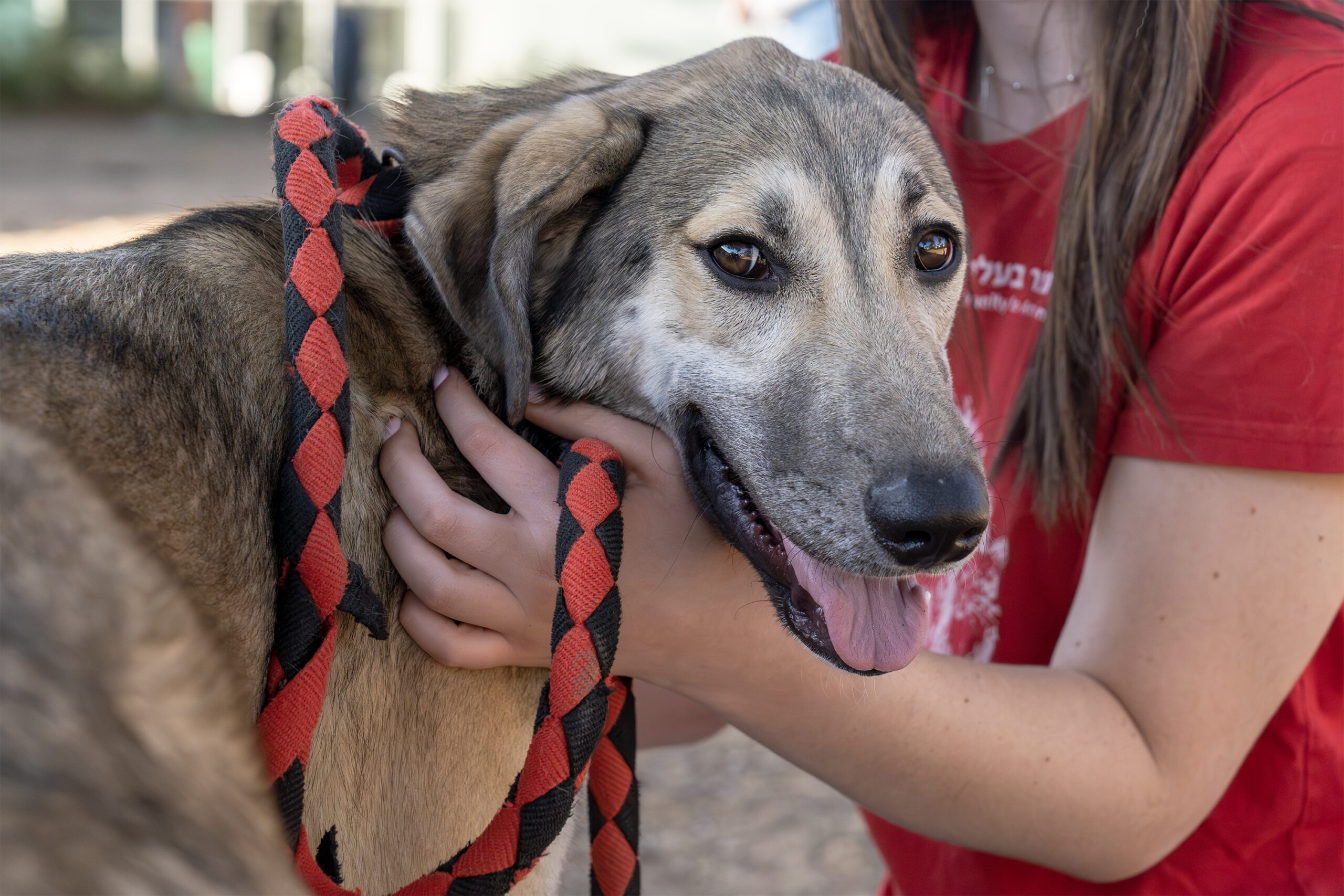Na’ama Rolnik, SPCA Adoption Counselor and dog trainer
Many parents get never-ending pleas from their children to adopt a dog, and one of the responses they give is “When you have your own home you’ll be able to do whatever you want”. One outcome of this sense of deprivation is that the moment these children do grow up and rent their first apartment, they rush to adopt a dog.
If you are one of those guys in their twenties who have recently been released from military service, there are some things that you should take into account before you take that step and adopt a dog:
– A dog is like a child; though caring for a dog is less intensive than caring for a child and though it is possible to leave a dog alone at home for a few hours at a time, the responsibility is long-term. Any time you want to leave home for more than nine hours, you will have to make arrangements for your dog to be taken out for a walk, to assure that he has food and water. Amongst young people, the element of spontaneity is often dominant and can clash with the responsibility towards your pet and the routine that caring for a dog demands.
– Many newly released soldiers take the same route, and immediately after demobilization, they look for work that will help them save money for their grand tour abroad. When they have earned the necessary funds, they have to find some organized place which will agree to accept their dog for a period of six months or even longer. So they provided the dog with a warm home and took care of it, but what now? The parents do not want to take a dog into their home, the friends are busy or going off on a long trip themselves, a boarding kennels for a long period of time will take up a huge chunk of their hard-won budget so there is no choice but to give the dog up for adoption.
– The apartment rental market in Israel is difficult, and many apartment owners add a clause in the rental agreements stipulating that keeping pets is prohibited in their property. In addition, young people in the 20-30 year age group tend to move apartments frequently, and sometimes they are forced to give away their dogs under pressure, just because the rental agreement for a reasonable apartment that they found at the last minute prohibits keeping animals.
– Finally, think about the dog’s needs: apart from being taken for walks and being trained, the dog needs veterinary care, food, toys and treatment against ticks and fleas. All of these cost a substantial amount of money that often is not readily available for young people and students who are employed in part-time or temporary jobs.
It is true that there are many young people out there who are ready to take on the kind of responsibility that raising a dog demands. No matter what, they will never give their dogs away, even if this means making compromises about their own comforts or reducing expenses during economically pressing times. On the other hand, many dogs are given to us by their owners who didn’t give enough thought to the long-term realities of raising a dog. These dogs are forced to live in dog pounds or shelters when they are already two or three years of age and have to compete for the attention of potential adopters against adorable puppies that are almost irresistible.
Finally, before you adopt a pet who will want to be your lifelong and faithful friend, please, think ahead. Take your own immediate and future plans into account and only then decide if you want to adopt an animal at this stage or if perhaps it is preferable to wait a little till your own life reaches a more stable stage.









